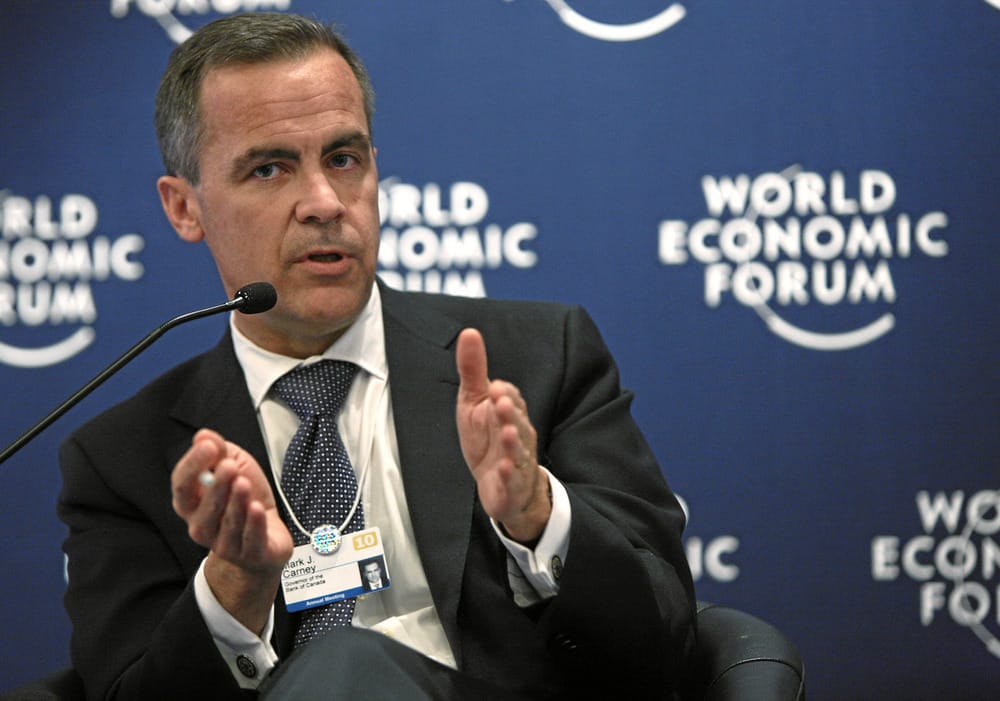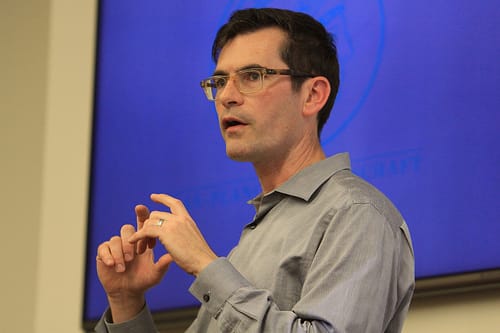Money is green? Bank of England in awe
Why the public must put pressure on governments to invest in renewable energies

Reports dooming the Earth as we know it are not novel concepts. For all the much needed scaremongering in the media, climate change as a threat sits on a pedestal. It’s a threat that respects no boundaries, operating across all borders. However it’s only recently that the financial repercussions of such a crisis have started stepping into the mainstream.
Companies and investors are realising that any inconvenient expenditures to reduce the effects of climate change now will provide financial benefits in the future. Science and our economy should not be considered as separate entities but as two parts of a dynamic system.
This was stressed by Mark Carney, governor for the Bank of England, at the Lloyds leading insurers gathering earlier this year.
Carney emphasised how a potential economic crash poses a huge threat as insurers invest heavily in fossil fuel assets, likely to be rendered worthless under the effects of climate change. A fourfold increase in losses related to extreme weather events in the last thirty years has already been recorded.
At present it is considered too expensive for companies using oil, coal and gas to invest in alternative energy sources. Infrastructure to extract fossil fuels is already there, the investment has already been made. It is a huge risk for companies to disregard these current assets when the future of renewable energy sources and their economic success is unknown.
However, as more money is poured into these technologies, the price will decline. Competition between companies will result in demand to produce renewable energy at a lower price. The only thing needed is that initial investment, to kick-start the renewables industry.
Governmental bodies have this kick-starting ability. With the EU targeting to limit global warming at 2 degrees from pre-industrial levels, it is counter-intuitive for the UK government to cut funding for renewable energies. Lacking support, it is not surprising that the “evil” oil companies are doing little to change their main energy source.
However, small steps are being taken. Shell has predicted that by 2050 oil and gas will still play a central role, but this will plateau by 2100. As a company, it aims to meet the 2 degree target and is slowly investing more to have a future that works with nature for a sustainable energy supply. All that’s needed is other companies, such as Exon, to be convinced that a greener approach will benefit the company economically in the future.
Although there is no silver bullet solution, a lack of funding by governmental bodies is a limiting factor to the growth of renewables. Without public demand, it is unlikely that governments will aspire to invest in such bodies, and such demand is in turn unlikely to present itself, when the result will probably be tax increases.
It is ultimately a vicious cycle, controlled by profit and power. The public does not care enough to invest, thus the politicians similarly lack interest. The public will not care until the effects are immediate and this lack of immediacy ultimately fuels our complacency towards climate change.









